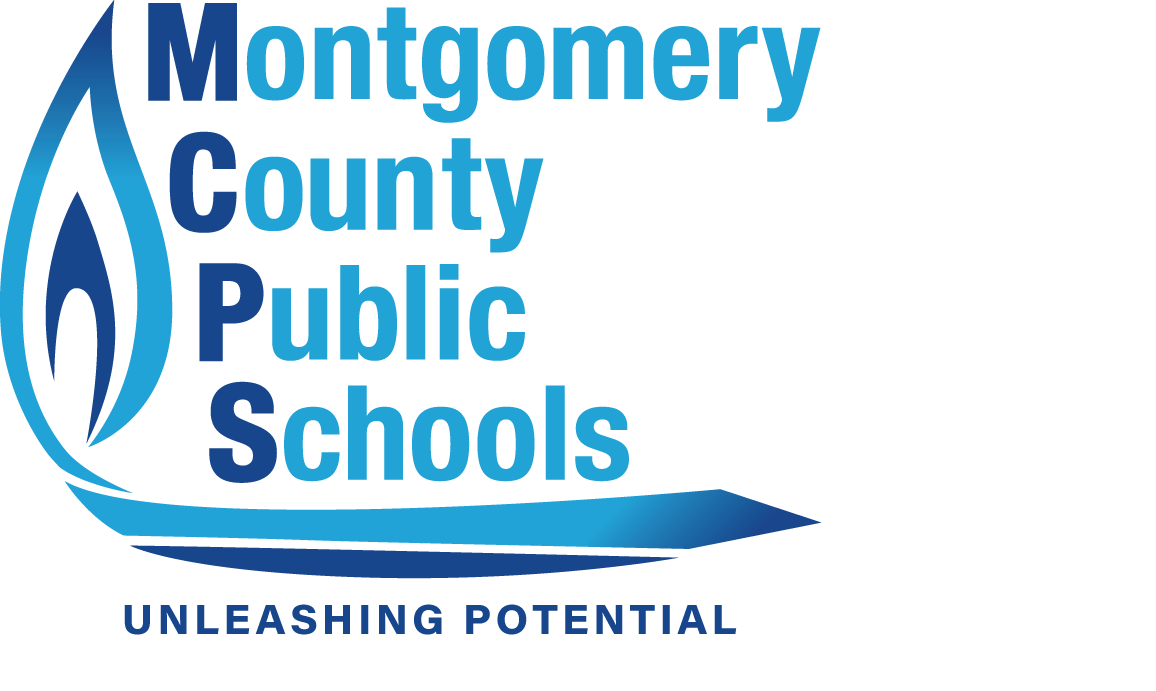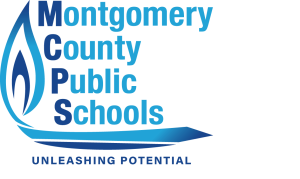School Should Prepare Students for the Real Word
April 19, 2017
As students, we have all heard the question, “When will we ever use this in life?” Not only have we heard it, but maybe we’ve also even thought it ourselves. We’ve all had that moment in our lives when we just can’t help but wonder why we’re not being taught about the “real world” in school.
School gives us the skills needed to move on to college and – to some small degree – a job, but it does not necessarily prepare us for life as an adult. Most high schoolers have an idea of what they want to be when they’re older but, in reality, these ideas are likely to change.
According to Achieve, a nonprofit education reform organization dedicated to working with states to raise academic standards and graduation requirements, “…approximately 50% of recent high school graduates report gaps in preparation for life after high school… they also say they left high school unprepared for the expectations they faced in college or in the workplace.” Students shouldn’t have to feel like they are not ready for the real world or college after high school. They should be trained and taught basic skills needed to do well after graduation.
College is intended to further educate young people and help them focus on a career, but for those who do not choose the college route or who do not finish college, high schools need to do more. This is precisely why more applicable, real-life skills should be taught in high school.
The Adecco Group, the largest professional staffing company in the world, released survey results of 1,000 college students and recent graduates in 2016. All of those questioned were between 18 and 24 years of age. The survey found that, “…74 percent of those young people felt their high schools and colleges failed to fully prepare them for the professional world.” They also reported that “87 percent of high school students want to eventually earn a college degree and land a career. But many believe that their schools aren’t helping them develop the skills they’ll need to succeed after graduation.”
The truth is, if high schools are not fully preparing students for college or the professional world, then they should be preparing them for the real world with skills they can use right away.
Learning about the real world goes beyond just being prepared for the workplace. It is clear that colleges are not going to focus on life skills for students, so it is important that high schoolers learn basic, everyday life skills when they are in high school. They are basic, but important skills, such as how to manage the finances that they will face in the future or how to complete minor repairs to home appliances or handle other home issues without having to hire someone else to do them, that would go a long way toward improving life for everyone.
According to the Charles Schwab 2011 Teens and Money Survey, “…of high school students, 44 percent said that stress relating to money had impacted their performance at school. They also found that “…86 percent of 16-to-18-year-olds would rather learn about proper spending in class than screw things up later on.” Instead of students filling up their schedules with random electives, students should be engaged in classes such as home-education, a course that would teach about these life skills. This would benefit student’s way more than just choosing a class because you need a filler in your schedule or have to satisfy a requirement that is not going to benefit you in the future.
If you look back at older high school models – even just 10 years ago – schools taught home education and tech Ed, a course that focused on woodworking, electronic circuitry, and other working-with-your-hands skills. Schools should bring back some form of these courses for students.
Life definitely doesn’t stay at a constant pace in high school and before you know it, you’re graduating. High-schoolers should be properly prepared for the real world before graduating. Home-ed and a finance class should be required for graduation. Just like health is a requirement, students should take home-ed at least half a semester so that students are required to have some basic finance or home repair and maintenance skills. The courses could be paired with health for half a semester. This would benefit young people tremendously because it would provide some type of prior knowledge about life after high school and college, which will really make up most of a person’s life.













































